How Will Unions Respond To A Post-Janus World?
By Lisa Vickery
On the final day of the Supreme Court’s just-completed term, it issued its long-awaited decision in Janus v. AFSCME, Council 31, changing the labor law landscape as we know it. The case involved the compulsory “fair share” fees paid by public sector employees who choose to not belong to a union, but are still covered by a collective bargaining agreement. As we described in our Legal Alert, “SCOTUS Hands Significant Defeat to Both Public Sector Unions And National Labor Movement,” the Court ruled that the First Amendment prohibits these “fair share” fees. At the time of the decision, 22 states permitted such “fair share” fee arrangements, but those state laws immediately became unconstitutional. How will unions respond, and what do employers need to know?
The Impact of Janus On Unions
The moment the Janus decision was published, public sector unions lost a valuable revenue stream: fair share fees. It has been estimated that unions could lose between 20 to 40 percent of their operating funds as a result. Although it is too early to know how unions will address these budgetary shortages, it will certainly be to the detriment of their membership.
For unions, this decrease in funds comes at the worst possible time. Unions are now on both the offensive and the defensive: they must both organize new members while retaining existing ones. Under the “fair share” model, non-members paid a fee typically equal to 70 percent or more of the total dues paid by union members.
Unions justified this arrangement by claiming it eliminated those they dubbed “free riders”–employees they claimed were reaping the benefits of their labors without contributing to the pot that funded such efforts. Now, unions are faced with a sobering reality: only union members are paying full dues, while their non-union member coworkers pay nothing for the same collectively bargained benefits.
Unions must now demonstrate their value to retain membership, while cutting back on expenses at the same time. Legal services are one likely target for reductions. Unions will necessarily become more selective about the cases they take to arbitration or litigation they file on behalf of members. While this is a welcome relief for employers, it will without question make membership retention difficult.
For the past few years, the labor movement largely anticipated a stinging loss at the Supreme Court, and thus have already begun work to counteract the detrimental impact. Their efforts have ramped up considerably since the decision was handed down on June 27. Most notably, unions have taken an aggressive stance to preserve their existing membership rolls by restricting employees’ ability to stop paying dues.
Unions quietly began adding revocation windows to membership cards and dues deduction authorization forms over the last few years. These revocation windows can be as short as 10 days and are typically tied to an employee’s anniversary date. In the post-Janus world, unions now rely on these revocation windows to stop employees from canceling dues deductions at their time of choosing. Employees who have asked to cancel dues deductions are often prevented from doing so because of these little-known provisions.
Union Political Power Impacting Post-Janus Status Quo
Prior to the Janus decision, public sector unions wielded considerable political clout, particularly on the state and local level. In the 18 months leading up to the Janus decision, unions mobilized their members and California passed a law in 2017 that requires public sector employers to provide unions with access to new employee orientation. This gives unions a “captive audience” with new employees when they are most susceptible to influence. New York, New Jersey, and Washington followed suit this spring. In New Jersey, for example, employers must now allow unions to speak with new employees for at least 30 minutes during the first 90 days of employment.
In addition to letting unions have access to employees, New York also removed the union’s obligation to provide services to non-member employees. In both the public and private sector, unions are bound by the duty of fair representation: it must represent all employees equally covered by its collective bargaining agreement regardless of whether they are union members. When that duty of fair representation is eliminated, unions no longer need to advocate on behalf of non-members or take their grievances to arbitration.
States have also passed legislation limiting a public employer’s ability to communicate with employees about union membership. New Jersey prohibits employers from encouraging employees to leave their unions or revoke their dues deduction authorization. Oregon prohibits any act by a public employer to assist, promote, or deter union organizing, which includes influencing an employee’s decision whether to become a member of the unions.
Public employers should remain vigilant, as other states may pass similar legislation in following the Janus decision. It is a near certainty that more will be proposed over the next year. In Oregon, for example, three “Janus bills” were proposed during the 2018 legislative session. While none of them passed, it is not unthinkable that they could resurface again.
Why Should Employers Care?
On its face, the Janus decision seems to be only a concern for unions, not employers. Unionized public sector employers simply facilitate the deduction of agency fees from employee’s paychecks. Whether an employee does or does not pay agency fees has no impact on a public employer’s bottom line.
However, the elimination of fair share fees creates additional uncertainty for public sector employees. In the aftermath of Janus, outside interest groups began reaching out to public sector union members directly to provide them with information about how to resign from union membership. Public sector employers are now being inundated with questions from employees who wish to resign from union membership to escape from the burdensome dues obligation.
As a best practice, public sector employers should direct employee questions regarding withdrawing from union membership or ceasing dues deductions to the union. They should not cease dues deductions from union members until they receive notification from the union. Failure to do so could result in grievances or unfair labor practice charges.
By following the union’s direction, public-sector employers also avail themselves to their greatest weapon: indemnification. Many collective bargaining agreements contain an indemnification clause, where the union agrees to defend the employer against any and all liability arising out of actions taken–or not taken–relating to dues deduction. Depending upon the wording of the indemnification clause, this could include lawsuits filed by employees for the employer failing to cease dues deductions.
Lisa Vickery is an associate in Fisher & Phillips LLP’s Portland office. Lisa’s practice focuses on representing public and private sector employers in labor negotiations, labor arbitrations, and administrative hearings. Lisa has successfully litigated unfair labor practice charges before the National Labor Relations Board and state labor boards. She also advises and provides training to employers on the interpretation of collective bargaining agreements and other labor matters. She can be reached at lvickery@fisherphillips.com.




